Organic fertilizer advise
tkgarden3
10 years ago
Related Stories

GARDENING GUIDESGet on a Composting Kick (Hello, Free Fertilizer!)
Quit shelling out for pricey substitutes that aren’t even as good. Here’s how to give your soil the best while lightening your trash load
Full Story
GARDENING GUIDESHow to Switch to an Organic Landscape Plan
Ditch the chemicals for a naturally beautiful lawn and garden, using living fertilizers and other nontoxic treatments
Full Story
GARDENING GUIDESHow to Keep Your Citrus Trees Well Fed and Healthy
Ripe for some citrus fertilizer know-how? This mini guide will help your lemon, orange and grapefruit trees flourish
Full Story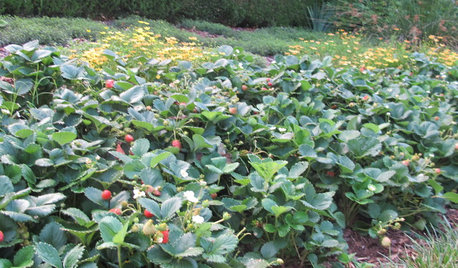
REGIONAL GARDEN GUIDESSoutheast Gardener's September Checklist
Fertilize strawberries, plant a tree or two and beckon hummingbirds to your Southern garden this month
Full Story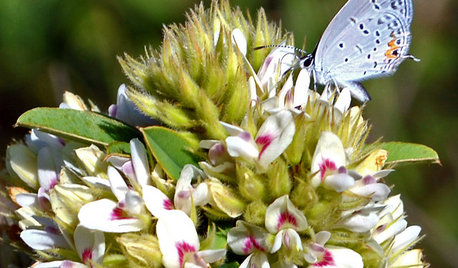
GARDENING GUIDES5 Prairie Wildflowers That Can Heal Your Soil
Get free, organic soil fertilizer with nitrogen-pumping plants that draw pollinators too
Full Story
GARDENING GUIDESCommon Myths That May Be Hurting Your Garden
Discover the truth about fertilizer, soil, staking and more to keep your plants healthy and happy
Full Story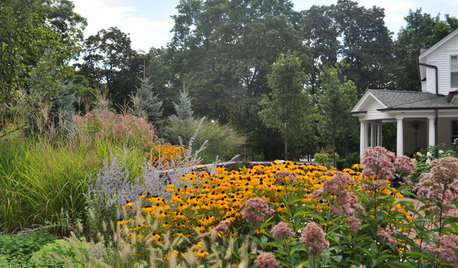
GARDENING GUIDESPacific Northwest Gardener: What to Do in September
Put in cool-weather veggies, fertilize your lawn and tidy the garden this month before chilly weather arrives
Full Story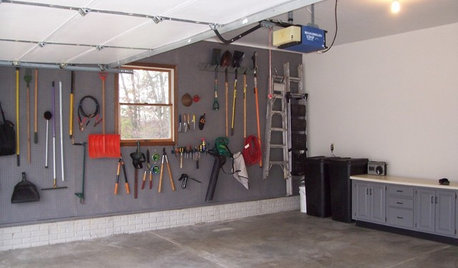
MORE ROOMS6 Garage Organizing Tips That Really Work
National Clean Out the Garage Day: Here's how to clear the clutter and organize what's left
Full Story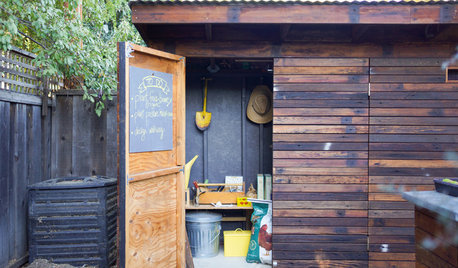
OUTBUILDINGSGet It Done: Overhaul and Organize Your Garden Shed
Consider these tips for outdoor storage space that’s accessible and attractive
Full Story
DECORATING GUIDESGet Organized: A Place for Your Pets' Stuff
Live in style with your cat or dog thanks to special places for their food, bed and toys
Full StoryMore Discussions






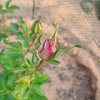
lazy_gardens
Fascist_Nation
Related Professionals
Lake Oswego Landscape Architects & Landscape Designers · Panama City Landscape Architects & Landscape Designers · South Elgin Landscape Architects & Landscape Designers · Manchester Landscape Contractors · Bellefontaine Neighbors Landscape Contractors · Beverly Hills Landscape Contractors · Galveston Landscape Contractors · Holland Landscape Contractors · North Highlands Landscape Contractors · Norwalk Landscape Contractors · Red Oak Landscape Contractors · Ferguson Landscape Contractors · Leander Carpenters · McHenry Carpenters · Snellville Carpenterstkgarden3Original Author